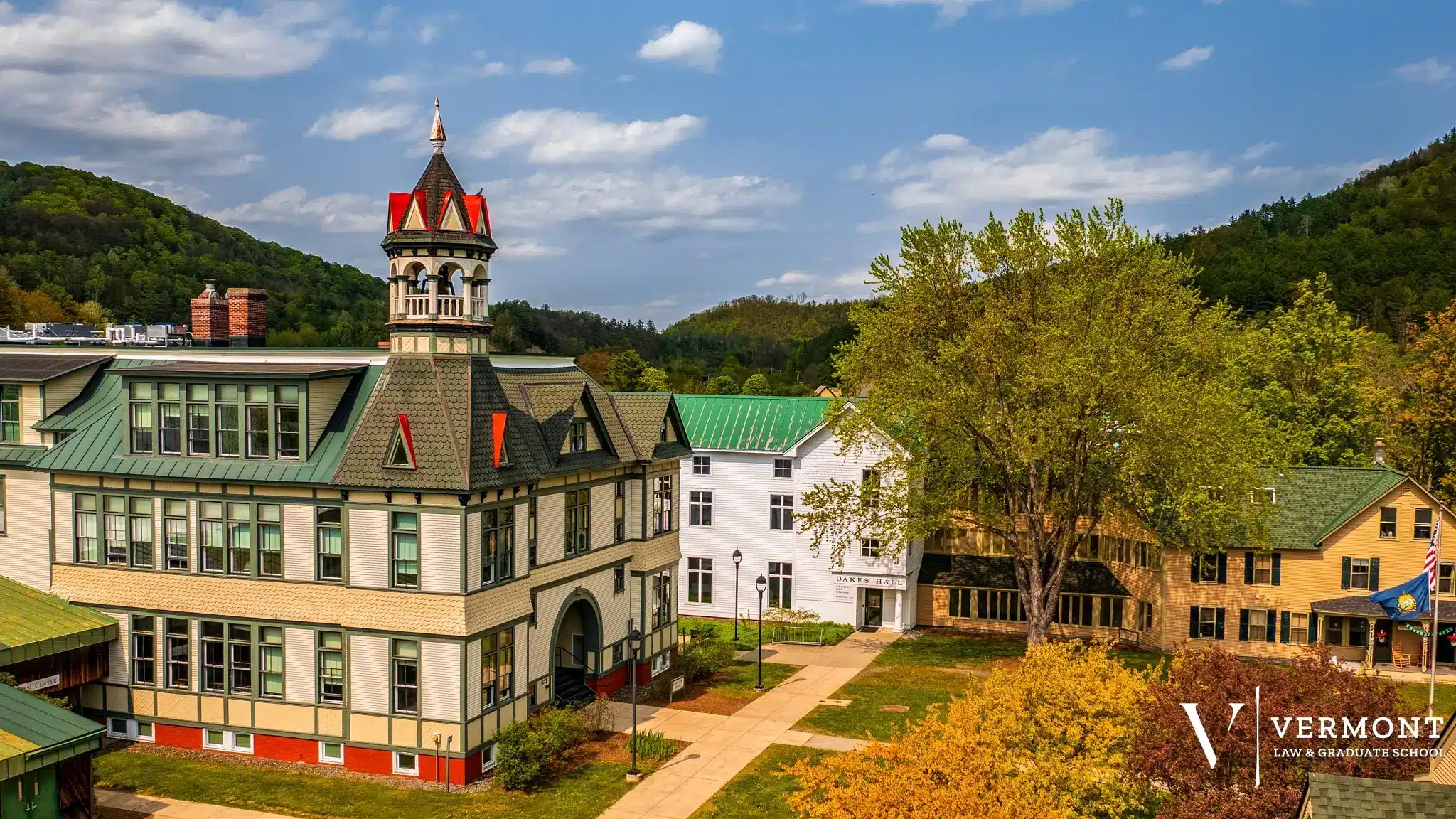Key Takeaways
- The Center for Agriculture and Food Systems (CAFS) at Vermont Law and Graduate School has released “Urban Agriculture and Innovative Production: A Guide to Local Policy”, a comprehensive resource developed with support from the U.S. Department of Agriculture’s Office of Urban Agriculture and Innovative Production.
- The guide analyzes policies from 17 USDA-designated urban agriculture hub cities, covering land access, zoning, governance, water access, soil health, and innovative production systems.
- It features practical examples from cities such as Philadelphia and Chicago, illustrating local strategies to improve urban food production.
- A companion series of fact sheets distills findings into accessible summaries for policymakers and community advocates.
- The guide launches the Urban Agriculture and Innovative Production Policy Project, an ongoing CAFS initiative to support research and policy development in urban food systems.
Urban Agriculture Policy Guide By The Vermont Law and Graduate School Offers Framework for Local Food System Development
The Center for Agriculture and Food Systems (CAFS) at Vermont Law and Graduate School has unveiled a new publication, “Urban Agriculture and Innovative Production: A Guide to Local Policy”, designed to help city governments, farmers, and community organizations navigate the complex policy environment surrounding urban food production in the U.S.
Developed in collaboration with the USDA Office of Urban Agriculture and Innovative Production, the guide draws on insights from 17 cities recognized as urban agriculture hubs to identify key challenges and policy innovations in areas such as land use, city governance, water access, soil health, and sustainable production practices.
Key Insights and Real-World Examples
The guide provides examples of how local governments are integrating urban agriculture into planning and policymaking. It highlights initiatives such as Philadelphia’s urban agriculture planning framework, Chicago’s farmland access programs, and the creation of new urban agriculture offices in several cities.
“This project provides a broad picture of the urban agriculture policy landscape in the U.S., including common barriers that farmers encounter and creative policy strategies,” said Lihlani Nelson, Deputy Director and Senior Researcher at CAFS.
Liz Turner, Visiting Assistant Professor at Vermont Law and Graduate School, emphasized that while each city has unique contexts, “proven policy strategies can help foster urban food production nationwide.”
Supporting Policymakers and Urban Growers
To make its findings more accessible, CAFS has also produced a series of fact sheets titled “Local Policy Barriers and Strategies for Urban Agriculture.”
Each fact sheet provides concise guidance on a key policy area:
- Land Access
- Zoning and Land Use
- City Governance and Public Funding
- Water Access
- Soil Health and Composting
- Innovative Production
These resources are intended to support both policymakers and practitioners in implementing effective local food system policies.
Vermont Law and Graduate School's Guide: Building a Foundation for Future Research
The launch of the guide marks the beginning of CAFS’s Urban Agriculture and Innovative Production Policy Project, a multi-year initiative to expand research on the regulatory and policy frameworks influencing urban and controlled-environment agriculture.
Future outputs will include city-level case studies and a public policy database, building on the foundation established by this first publication.
The full guide and accompanying resources are available at:
👉 cafs.vermontlaw.edu/resource-library/urban-agriculture-and-innovative-production-a-guide-to-local-policy


